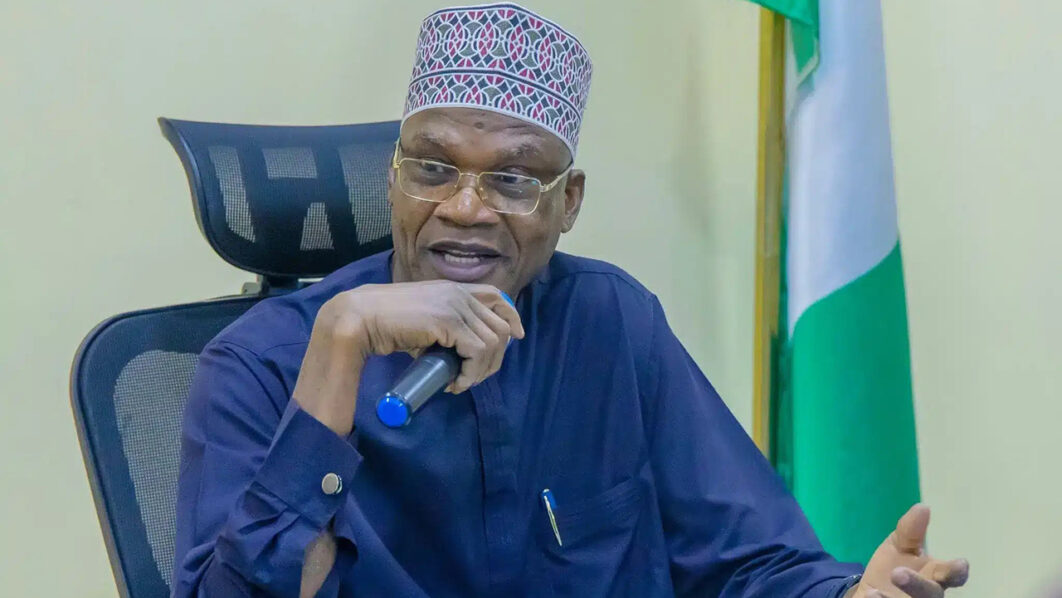
Federal Government has introduced 15 different trades or skills into the new curriculum for basic schools in Nigeria, The Guardian reports. This comes as the government announces that the new curriculum, which is mandatory for all public and private schools across the country, will be implemented from Basic 3 to Junior Secondary School (JSS) 3.
It was gathered that the additional subjects cater for various trades and skills.The new curriculum is expected to take effect from January 2025. Recall that the new curriculum was unveiled, last week, at the opening session of the 68th National Council on Education (NEC) meeting in Abuja, 12 years after the current one was launched.
It was gathered that some of the subjects were grouped into different categories, namely Basic Digital Literacy, Building and Construction, Events Decoration and Management, Services as well as Agriculture and Processing.
Some of the subjects include robotics, make-up, beekeeping, plumbing, among others. Confirming the development, the acting Executive Secretary, Nigerian Educational Research and Development Council (NERDC), Dr Margaret Lawan, said 15 different trades or skills were newly introduced for basic education.
Lawan listed the subjects under Basic Digital Literacy to include information technology, robotics and others; while Building and Construction has subjects like plumbing, tiling, floor works and POP installation.
For Hospitality and Leisure, the subjects include events decoration and management, bakery and confectionaries, hair styling, make-up and inner design, while Services consists of GSM phone repairs, satellite/TV antenna/CCTV/intercom installation and maintenance, solar installation and maintenance and garment making.
There is also Agriculture and Processing, which consists of crop production, beekeeping, horticulture, sheep and goat farming, poultry and rabbit farming. According to the Director, Curriculum, NERDC, Dr Garba Gandu, the new curriculum is in line with current realities.
“It is a harvest of a lot of experiences gathered from different countries. It is competency and outcome-based. It is aligned with the Science, Technology, Engineering, Arts and Mathematics (STEAM) initiative.
“And the disruptive technology aspect of it, in terms of digital literacy, has been captured greatly here, which means that our children are part and parcel of it.”
The interesting part of it also is that this is the most democratised curriculum that has happened in Nigeria because it addresses different contexts and stakeholders. It’s a whole representation of the needs that Nigerians are looking out for. I believe this will go a long way in turning around the basic education subsector in Nigeria,” he said.
Speaking in a meeting with heads of examination bodies in Abuja, yesterday, the Education Minister, Prof Tahir Mamman, announced that the new curriculum would commence from January 2025.
According to him, the revised curriculum aims to provide Nigerian students with a well-rounded education that prepares them for the challenges of the 21st century. The minister said the curriculum was mandatory for all public and private schools from Basic 3 to Junior Secondary School (JSS) 3.






